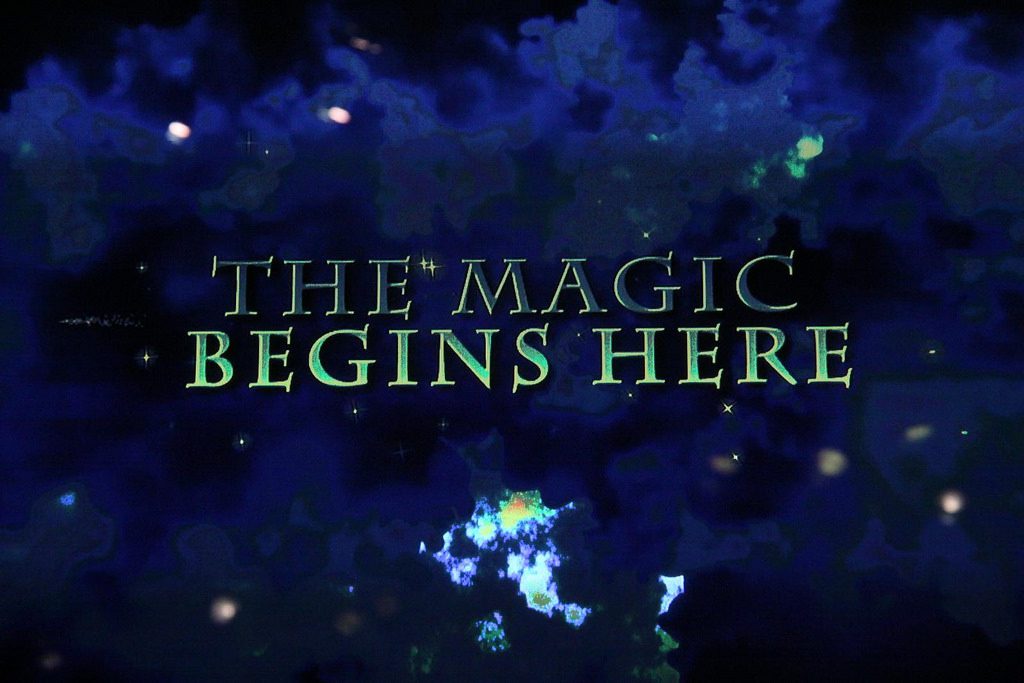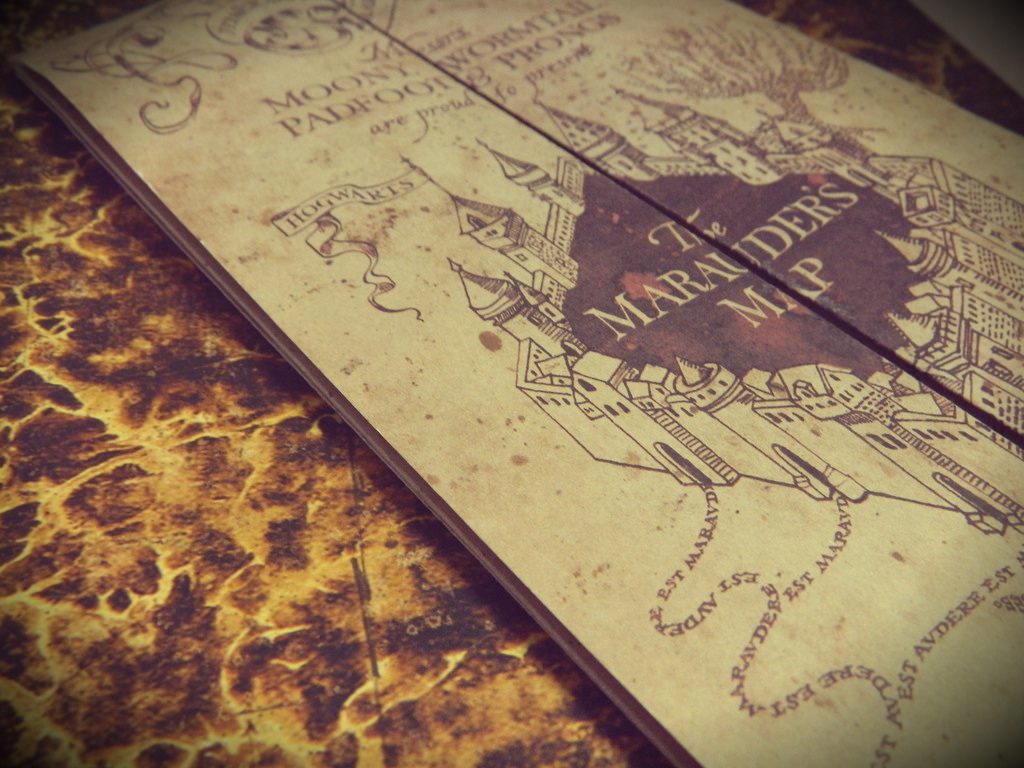
Table of Content
Never trust something that can think for itself if you can’t see where it keeps its brain.
Arthur Weasley, Chamber of Secrets
Wise words of caution. In a world of magic, where everything is fantastic- and often incomprehensible- one would expect that these words would be remembered more; it would have definitely saved Harry from a lot of trouble that he got into over the years. But then how would we have been a part of these phenomenal adventures? For most of us, the idea of moving pictures, a sorting hat, a marauders map or a wand was nothing short of incredible; it was magic.
And magic is beautiful because it is unattainable. J.K Rowling weaved a world of mystery and secrets that people around the world were not privy to. They have wands and we have machines. In the years since the release of the Harry Potter franchise, however, we’ve developed our own branch of technology. And it is no less magical. While none of us are wizards in the true sense of the word, we’ve created some truly witchy stuff. Imagination and recent developments in technology have allowed us to explore uncharted territory, one of them is the internet of things or IoT.

IoT is a system of interrelated computing devices, software, and hardware, that interact with the environment around them according to data that is exchanged without human-human or human-computer interaction. Let that sink in for a moment… Now, is that not magic itself? A study conducted by the research firm IHS estimates that by 2025, over 70 billion devices worldwide will be IoT enabled. The implications of technology like this range from adjusting the temperature and turning on lights to biometric feedback and home surveillance systems, IoT devices are changing and simplifying the way people live their lives.
Hogwarts is a place that many of us have dreamed of going, so much so that a whole generation of people waited eagerly for their letters to be delivered by owl. As time went by, the pain of the disappointment eased and we were exposed to things that were no less extraordinary than the ones we saw in the world of Harry Potter. Now, stop for a minute and think what would happen if the ‘muggles and the wizards’ collaborated; what if Hogwarts was made a reality by iOT? This is no more a speculation, but an actual possibility.

Developers across the world have taken inspiration from the world that was created by J.K Rowling and bring to life some of their favorite objects from the Harry Potter universe. Take the Sorting Hat for example; the old and weathered hat that determines not only the house that new students will be sorted into but most often, the path that they will take in life. In the books, the hat fiddles through the young minds of first-years and selects which house they will be sorted into according to the characteristics that it finds. In an effort to replicate that, a team from IBM created a sorting hat that can understand and respond to speech by using two of IBM Watson APIs, Natural Language Classifier, and Speech to Text. You put on the hat, tell it a little bit about yourself, and it will tell you what house you need to be in!
Each house has different values; bravery for Gryffindor, intelligence for Ravenclaw, loyalty for Hufflepuff and cunning for Slytherin. Several other adjectives along similar lines are coded into the program for a more comprehensive sorting. The magic of this creation lies in the fact that the hat is able to respond to not only text but also speech as well, which they achieved by using a Speech to Text API. In a similar vein, and taking it one step further, wearables like EMOTIV’s Insight have been introduced. It reads the user’s brainwaves to measure cognitive and emotional metrics like stress, relaxation, interest, and engagement. This information is processed to give the user recommendations for health and wellness.
Have you ever been fascinated by the household clock of the Weasley’s? Wouldn’t we all like to know when a family member is in ‘mortal peril’? Well, someone was curious enough to recreate it. And you can make one for yourself! Pat Peters has a 14-step guide that will help you build your own GPS-powered microcomputer (aka enchanted clock) that dedicates a hand to each one of your family members and tracks them through the day.

Speaking of tracking, what about the Marauders Map? This fantastic piece of parchment allowed you to get into as much mischief as long as you solemnly swore that you were up to no good. And thanks to IoT, we have been able to replicate this complicated bit of magic. An associate professor in the University of Virginia, Kamin Whitehouse, outfitted four houses in Charlottesville with sensors to do exactly that. These sensors track people who enter a room, what appliances and utilities they use. This data is then sent to the cloud and then to an app named the ‘Marauder’s Map’. It allows you to figure out who’s in the shower, who left the air conditioner on, when they left the house, etc.
Smart sensors in the home are not a new concept- Google and Apple have made their presence in the market- but they require people to wear tracking devices, log in their activities and/or use cameras. Whitehouse’s app, on the other hand, collects data entirely via custom sensors. Doorways have sensors called ultrasonic range finders that determine who enters a room by measuring their height. You can install as many as a few hundred sensors throughout the home and on the water and power mains to track what the people in the homes are doing. Mischief Managed.

Haven’t you always wanted to grab a butterbeer at the Leaky Cauldron or Three Broomsticks and be a part of the magical atmosphere? Well, as it turns out, that wish might soon be a reality; London is getting a Harry Potter inspired pub, where the illusion of magic is created with the help of IoT technology! Matthew Cortland, a techie with a soft spot for Harry Potter plans on using technology to give the effect of floating candles (achieved by magnets), moving photographs(IoT and cloud computing) and spells for voice-activated lighting. The pub opened in March this year, following a series of wizarding hackathons to help design different aspects of the pub using IoT technology. How cool is that?!

And last but not the least, the most coveted object in the Harry Potter universe; the wand. After Disney attempted to create a real lightsaber, Intel decided to take on the challenge and recreate the wand. And it looks like they succeeded; it’s more than just a wooden stick, like the ones you find in the market. Even though you can’t ‘wingardium leviosa’ your way out of a trouble situation, it still lets you do some pretty cool stuff. The wand lets you control your smart home devices with a swish and a flick, or even by reciting spells! According to the movement codes that you program into it, the wand can sense your gestures and understand your words to make you feel like a real wizard.
True to character, you can turn on the lights in your home by saying ‘Lumos’. The best part, however, just like in the Harry Potter world, the wand will remain faithful to its owner. To confirm that you are the rightful owner, the wand reads your fingerprints and heartbeats to ensure that nobody else uses you. The wand uses your smartphone as a beacon to execute spells; you can customize commands for different tasks and the wand will forward instructions- movements and voice commands- to carry them out. The wand chooses the wizard after all.
Magic is the future and the future is now. Worlds that were once closed to us are now welcoming us because we have developed the keys to open their doors. IoT is sure to change the way people interact with their environment and looking at the devices that have been created so far, it is safe to say that imagination is the only limit that exists anymore. After all, it’s happening in your head, by why on earth does that mean it’s not real?
